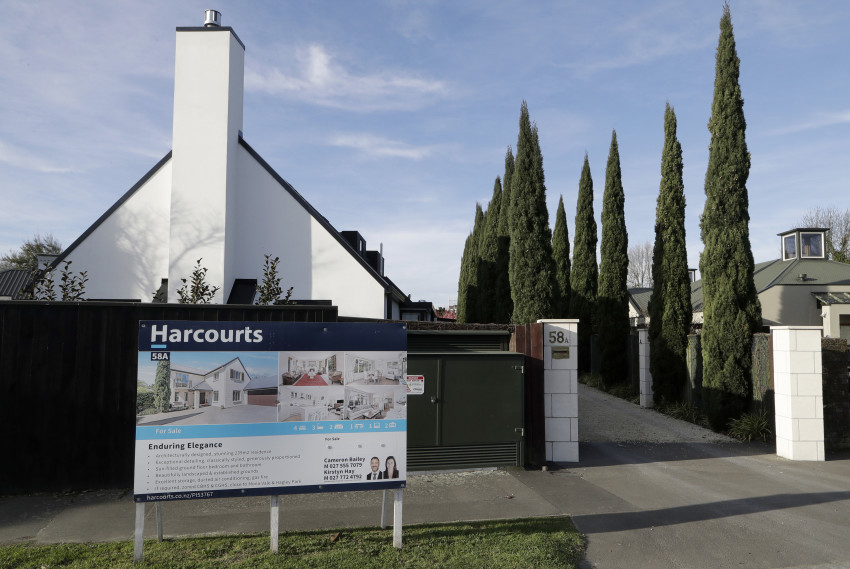New Zealand's virus success unleashes runaway casing prices
25 February, 2021

New Zealand's success in battling the coronavirus has unleashed an unanticipated problem: skyrocketing house prices.
When the pandemic initially hit, most professionals predicted house prices would fall. Instead, rates have risen by a lot more than 19% over the past year, adding them out of reach for many people attempting to buy their first home.
The government, which includes come under increasing criticism because of its response to the housing squeeze, on Thursday announced the to begin what it says will be a series of moves to handle the problem by ordering the country's central bank to consider the effect on house prices when coming up with decisions.
Reserve Bank Governor Adrian Orr said it welcomed the brand new directive, which is “in tune” using its own assistance to the federal government. The central lender in addition has recently announced its own moves to restrict financing to housing investors.
But some observers say the moves announced so far will have little impact on upward price momentum, which is being influenced by undersupply and track record low interest rates.
“It's very pleasing to see movements in the right route,” said Shamubeel Eaqub, an economist with Sense Companions who has written extensively about New Zealand's housing concerns. But, he added, he expects house prices to “continue up at an excellent fee of knots” without even more strong intervention.
Eileen Donavan, 25, told radio station RNZ the other day that she and her fiancé have been house-hunting near Wellington for half a year. They’ve attended 35 available homes and devote four unsuccessful presents, despite having a substantial deposit saved from an inheritance.
“It’s a nightmare,” she said.
Eaqub said that over the past 30 years, New Zealand hasn't built a sufficient amount of homes, especially rental units. And he explained politicians find themselves in a paradox - they want prices to keep rising for those who own homes, and to fall for individuals who don't.
New Zealand has managed to stamp out community pass on of the virus, allowing most areas of life to go back to normal, and its economy has rebounded strongly due to this fact. GDP grew by an archive 14% in the December quarter, erasing most of the virus-induced contraction from before last year. Unemployment continues to be at a comparatively low 4.9%.
The nation's sovereign credit history was this week raised by Normal & Poors, so that it is the first designed nation to get such a vote of confidence because the pandemic began.
But that accomplishment has helped petrol the housing market.
The median price of a real estate in January jumped to NZ$730,000 New Zealand, a 19.3% increase from a year previously, according to the most current figures from the Real Estate Institute of New Zealand. In Auckland, the largest city, the median value hit an eye-watering NZ$1 million.
Those prices are great under nearly every comparison with other made nations, especially considering virtually all New Zealand homes usually do not include double glazing, central heat or other features taken into consideration standard in a lot of North America and Europe.
Finance Minister Grant Robertson said those sort of rises can't continue.
“We’ve been very clear that what happened in the last 3 months of this past year is not sustainable," he said. “And that's why we need to change the settings."
Source: japantoday.com
TAG(s):
